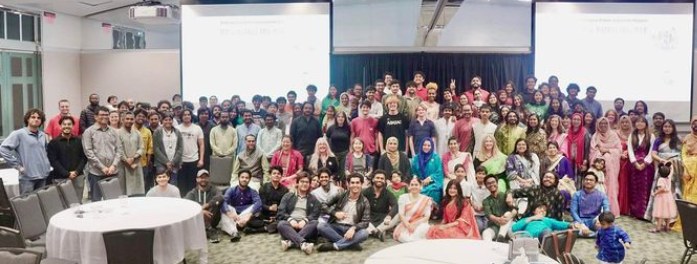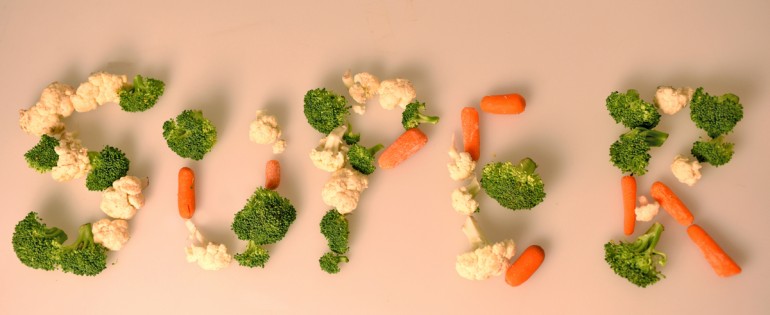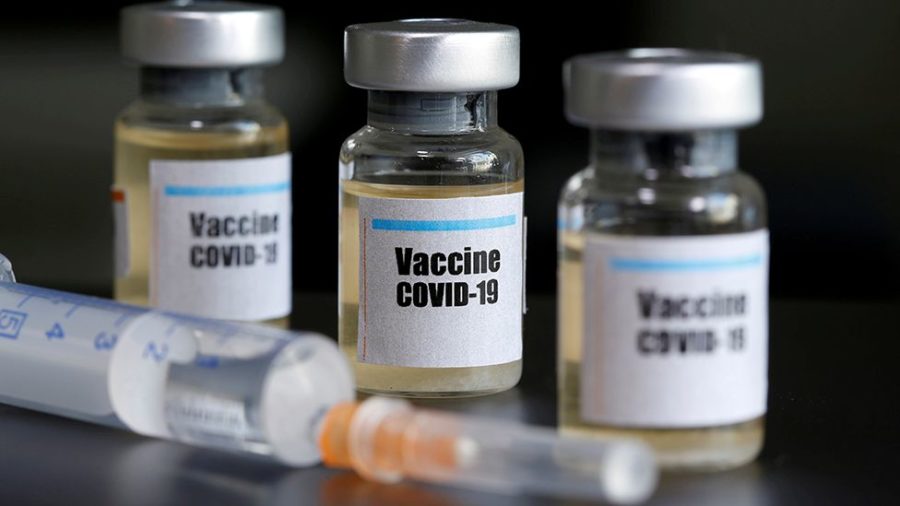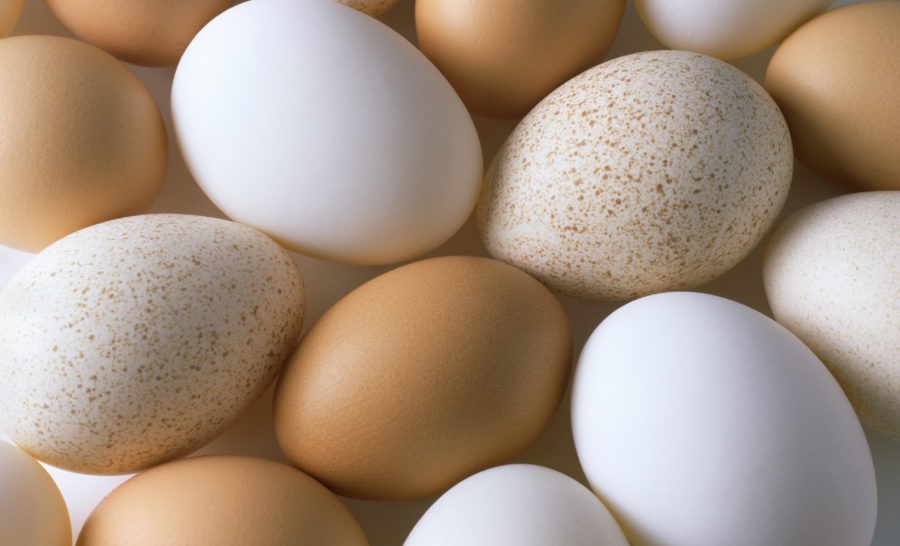Broccoli and vegetables are natural foods to help ones body and are referred to as “super foods.”-Susan Broadbridge/Printz
The typical college student’s day centers on going to class, studying for exams and trying to maintain a social life. Fitting a meal between these tasks, especially a healthy meal, is on most students’ back burner.
According to a 2011 study done by Oregon State University, college students are not eating the recommended daily servings of fruits and vegetables and most do not consume one serving per day. Teresa Cartwright, an instructor in the Department of Nutrition and Food Systems at The University of Southern Mississippi, said the recommended intake is two to four servings of fruits and three to five servings of vegetables every day.
OSU researchers found that male students had about five servings a week, which was slightly higher than female students who consumed about four servings a week.
A lot of students Southern Miss are no different. With Mississippi being one of the most obese states in the U.S., the influence of unhealthy choices is part of daily life.
According to a 2011 NPR article, 7 of 10 Mississippian adults are either overweight or obese, while 44 percent of children are either overweight or obese.
“Eating unhealthy is not beneficial to a college student,” Cartwright said.
She said that most students eat what is most accessible to them, such as greasy fast food, and not what is necessarily best for their health.
And when students eat, some opt for easy meals rich in fat, high in calories and foods that will lead to crashing in the dorm study room hours later.
“Students can eat at Taco Bell for about $10 a week,” Cartwright said.
Most students crave a mocha frappuccino or a crunchwrap supreme rather than a kale and avocado salad or a cup of Greek yogurt for an energy boost. For the most part, super foods are a concept that seems farfetched to many students who have to stretch their dollar for quantity, not quality.
A “super food” is a slang term that refers to natural foods that are packed with health benefits such as antioxidants, vitamins and minerals, and may reduce the risk of chronic disease and prolong one’s life, Health.com reported.
“I tell my students, ‘You don’t know what is being put into the food you’re eating,’” she said. Cartwright said that, in our society, we tend to eat a variety of processed foods rather than whole, raw foods, which is what she recommends for sustained energy and a healthy diet.
Super foods to keep in one’s refrigerator or pantry:
–Broccoli: Rich in calcium, fiber
–Kale: Protein, fibers, vitamins A, C and K
–Berries (blueberries, raspberries, blackberries): Antioxidants
–Eggs (boiled is good for snacks): Protein
–Greek yogurt: Probiotics (for healthy digestion), calcium, B12 (vitamins)
–Nuts (Almonds, walnuts, pistachios): Unsaturated fats, fiber
–Avocado: Protein, Vitamin K
–Quinoa: Iron, calcium, fiber; one of the only foods considered to be a complete protein, according to Medical News Today
–Salmon: High in protein, Omega 3s and many vitamins
–Green tea: Antioxidants, improves brain function, fat loss, etc.
–Garlic (clove; but if you do use the crushed seasoning, use powder, not salt): protects against heart disease, common cold and cancer, according to University of Maryland Medical Center.
For sustained energy throughout the day, Cartwright said she advises students to munch on Greek yogurt, nuts, fruits and veggies.
Whether a student is always on-the-go or has more leisure time, Cartwright offers some tips to avoid the midday dip throughout the week:
-Never skip breakfast. Cartwright said when students do this, they try to catch up the rest of the day and sometimes end up adding more calories to their daily intake.
-It’s good to eat every 3 to 4 hours. This actually boosts energy and speeds up your metabolism.
-Grocery shop on the outside or perimeter of the store. Cartwright said this is where most of the natural foods are located.
-Cook for a whole week on Sunday. Bring food and snacks to classes or work.
Not only do these super foods produce health benefits, but they also come at a hefty price. According to a New York Times article, junk food tastes better and people often must consume a greater volume to feel full longer. A study found that a 2,000-calorie diet would cost $3.52 a day if it consisted of junk food. This compares to a $36.32 a day for consuming nutritious foods.
Students struggling with the idea of spending half of their money on healthy food could consider some penny-saving options. The Fresh Food Company at USM offers healthy options such as a salad bar and Smart Line section.
One can also make healthy choices at Subway or opt for a salad and fruit cup at Chick-fil-A. However, Cartwright said she has heard from her students that the healthy options are sporadic.
“Health is a progressive thing, so if you think in terms of longevity, it’s good to start healthy eating habits in college,” she said. Cartwright encourages everyone to eat all things in moderation but to ingest more foods that positively impact their body.



































